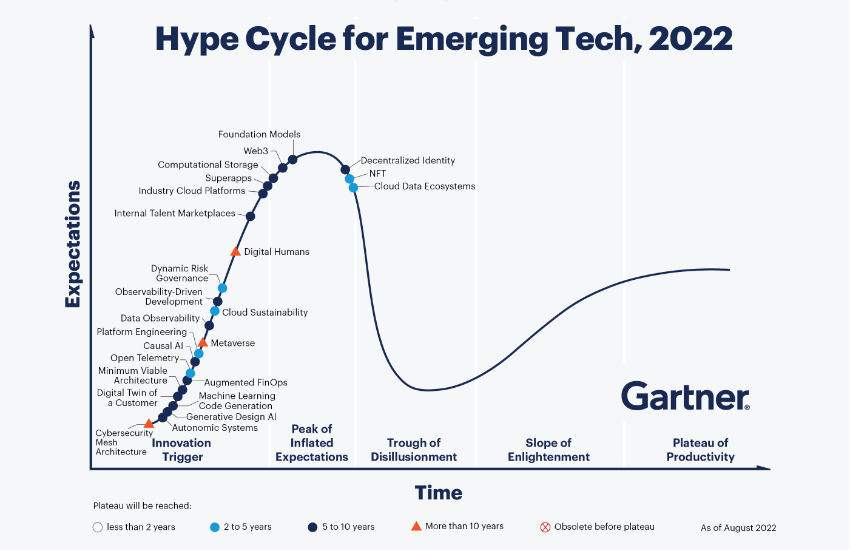
Metaverse Identity Revolution: Decentralized & Empowered
In the ever-evolving landscape of the metaverse, a groundbreaking shift is occurring – the revolution of decentralized identity. As digital realms become integral to our lives, the way we manage and protect our identities is undergoing a transformation that empowers individuals within the metaverse.
The Metaverse Identity Landscape: Beyond Traditional Models
Traditional identity models often involve centralized authorities controlling access and validation. However, the metaverse is ushering in a new era where individuals have greater control over their digital identities. Decentralized identity systems leverage blockchain technology, allowing users to manage and authenticate their identities without reliance on a single governing entity.
Blockchain’s Role: The Foundation of Decentralized Identity
At the heart of decentralized identity in the metaverse lies blockchain technology. Blockchain ensures the security, transparency, and integrity of identity transactions. By decentralizing the storage and validation of identity information, blockchain eliminates single points of failure, enhancing security and trust within the metaverse.
User Empowerment: Taking Control of Digital Identities
Decentralized identity puts users in the driver’s seat, allowing them to take control of their digital identities. Individuals can manage and share only the information they deem necessary, reducing the risk of unauthorized access. This shift from a centralized model to user-centric control empowers individuals to navigate the metaverse with confidence.
Privacy in Focus: Minimizing Exposure and Maximizing Control
In the metaverse, where personal data is a valuable commodity, privacy is paramount. Decentralized identity minimizes the exposure of sensitive information. Users can selectively disclose details, maintaining privacy while still participating in various virtual experiences. This emphasis on user control over data aligns with the growing demand for privacy-centric solutions.
Interoperability Across Platforms: Seamless Identity Integration
The metaverse is a diverse landscape with multiple platforms and virtual environments. Decentralized identity introduces interoperability, enabling users to carry their identities seamlessly across different metaverse platforms. This seamless integration fosters a cohesive user experience, eliminating the need for redundant identity verification processes.
Security Beyond Centralized Vulnerabilities: A Trust Boost
Centralized identity systems are susceptible to large-scale breaches, putting vast amounts of user data at risk. Decentralized identity mitigates this risk by dispersing identity information across a decentralized network. This not only enhances security but also rebuilds trust in identity management within the metaverse.
Tokenization of Identity: A New Digital Currency
In the metaverse, identity isn’t just a set of static details; it’s dynamic and transactional. Decentralized identity introduces the concept of tokenization, where identity attributes become tradable assets. This not only adds a layer of financial incentive to identity management but also opens up new possibilities for decentralized economic models within the metaverse.
User-Centric Authentication: Redefining Access Control
Decentralized identity redefines access control through user-centric authentication. Instead of relying on traditional usernames and passwords, users can authenticate their identities through secure and decentralized methods. This innovation enhances the security of user accounts and reduces the susceptibility to common authentication vulnerabilities.
Explore Metaverse Decentralized Identity: Shaping Digital Autonomy
To delve deeper into the transformative world of metaverse decentralized identity, visit Metaverse decentralized identity. It’s not just about managing identities; it’s about reshaping digital autonomy, placing control back into the hands of individuals, and defining a future where identity in the metaverse is secure, private, and user-centric.
